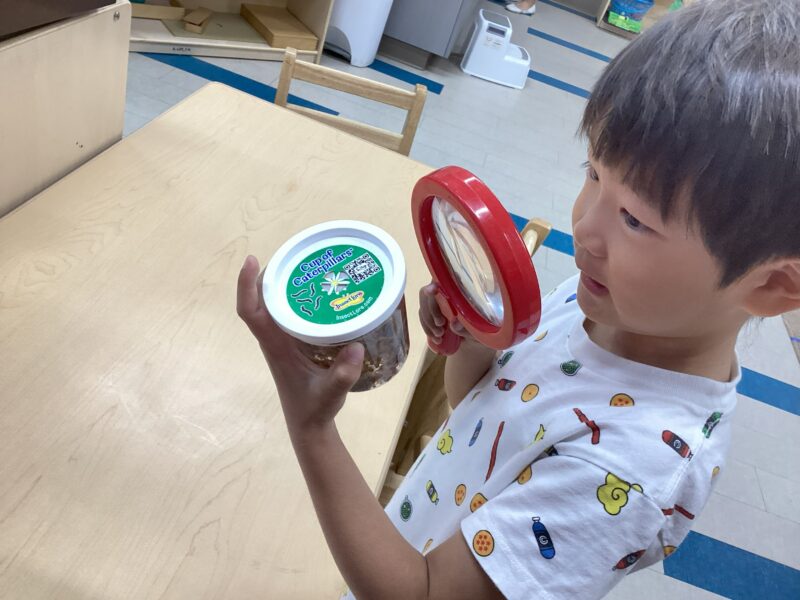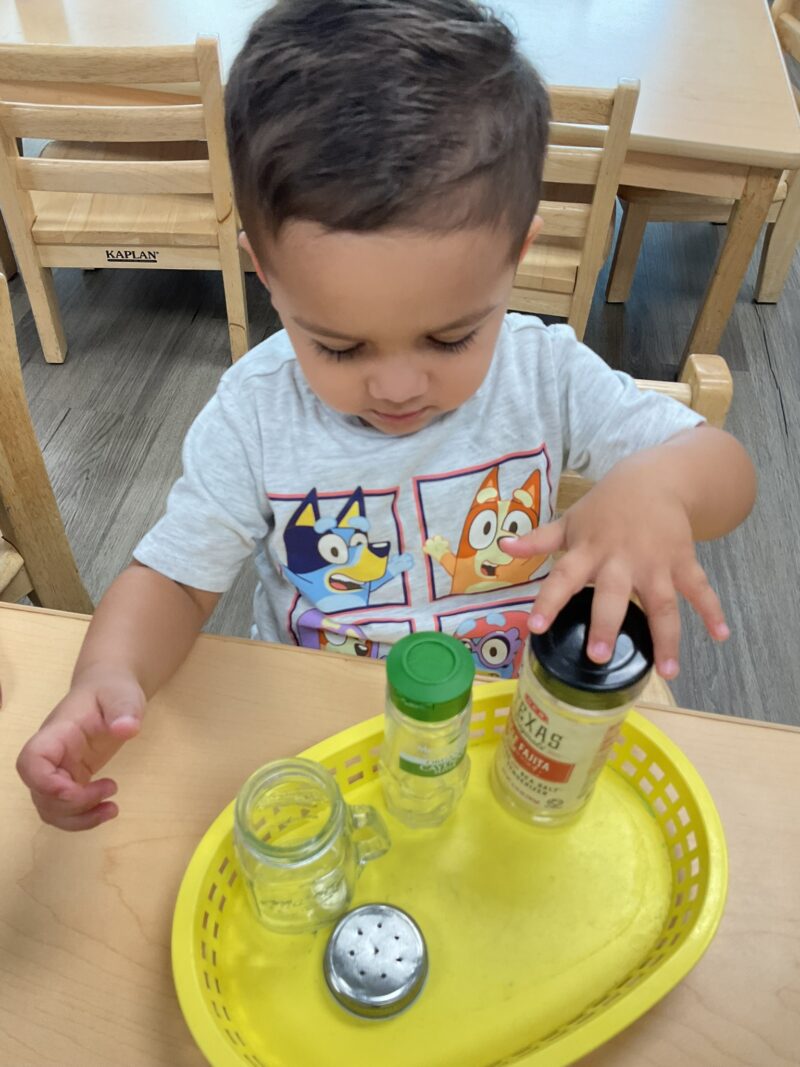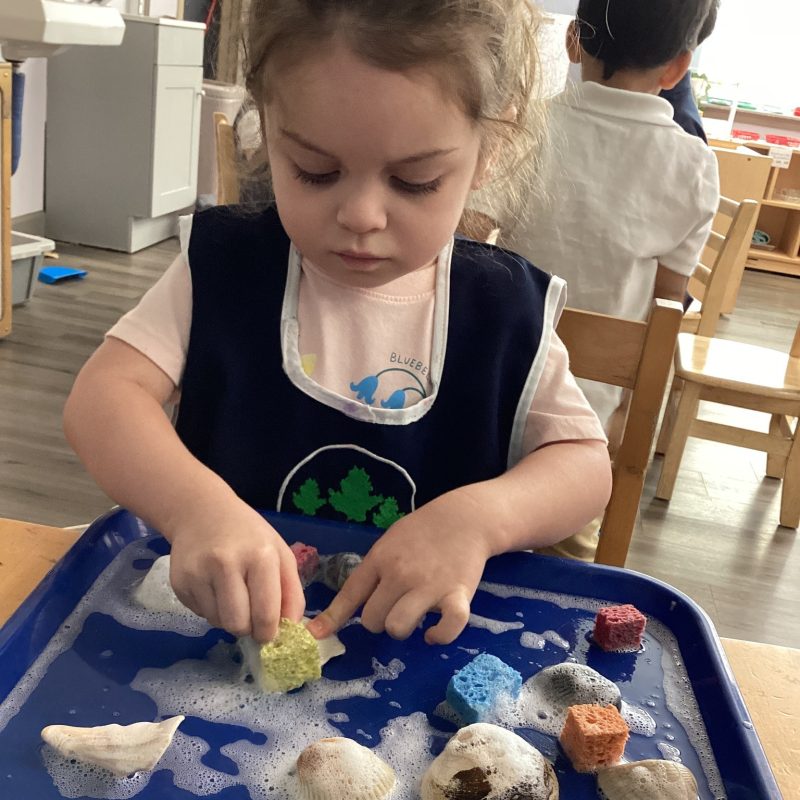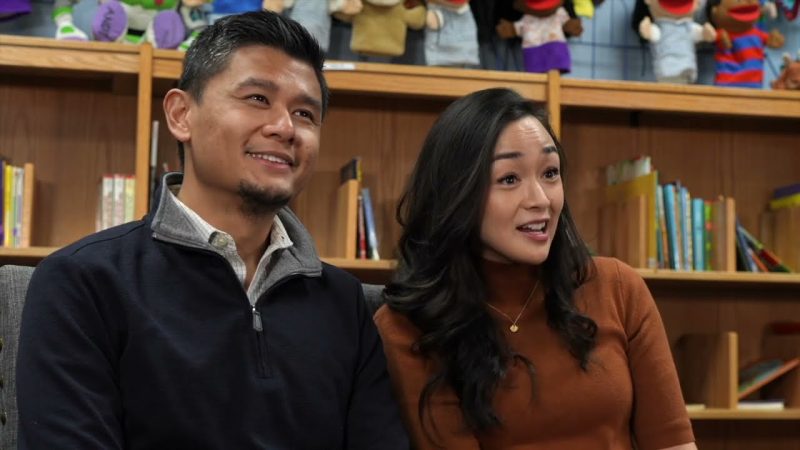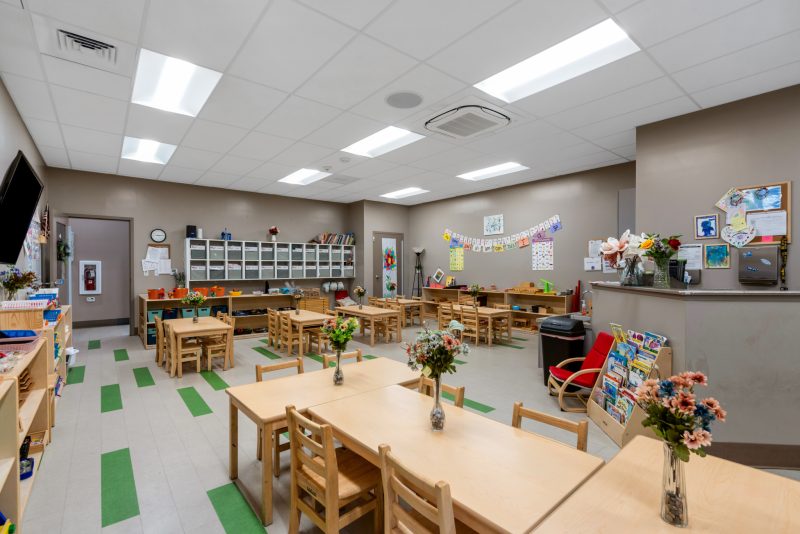Every August, thousands of children make a big leap—from the safe, familiar routines of preschool or daycare to the often overwhelming world of public school. Some adjust quickly. Others don’t.
At Excelled Montessori, we’ve been asking parents:
“What was the hardest part of that transition for your child?”
This blog is a living resource. As we gather responses, we’ll keep adding them here to help families like yours think more clearly about what preschool should prepare children for.
📚 What the Research Says About School Transitions
Studies consistently show that transitions between early education and primary school are critical to long-term academic and emotional outcomes.
- According to Edutopia, structured transitions—such as clear routines and emotional regulation strategies—help children feel safe and in control during changes.
- Ireland’s National Council for Curriculum and Assessment (NCCA) reports that strong partnerships between families and preschools reduce the risk of emotional overwhelm and social withdrawal during primary school entry.
These findings align with what our families tell us.
💬 What Parents Shared With Us
We asked parents: “What surprised you most when your child started public school?”
Here’s what they said.
1. Emotional Regulation in Larger Classrooms
Many children struggle to manage emotions in a much larger, noisier classroom. They may not get the same one-on-one time they were used to.
From a parent:
“My daughter was used to teachers noticing when she got overwhelmed. At public school, she melted down in silence and no one noticed.”
🧠 Learn how we support emotional regulation here:
👉 How We Teach Reading and Regulation
2. Less Flexibility, More Structure
Kindergarten often runs on strict timelines. Some children aren’t ready to go from Montessori-style choice time to rigid, back-to-back activities.
From a parent:
“He couldn’t go to the bathroom when he needed to. That’s what set him off—not the academics, but the rules.”
At Excelled, we gradually introduce structure through daily routines to help children build this skill.
👉 See our approach to routines
3. Social Disruption
New faces, older kids, larger lunchrooms—some kids who thrived in preschool feel lost socially when they move up.
From a parent:
“She had great friends in her preschool. It took her months to make even one friend at public school.”
We utilize mixed-age classrooms and peer mentoring to foster lasting social confidence from an early age.
🧠 What Preschool Should Be Preparing Kids For
It’s not just about phonics and shapes.
Truly effective preschools prepare your child to:
- Regulate emotions in unpredictable environments
- Adapt to group expectations
- Navigate social dynamics with confidence
- Handle academic challenges with resilience
This is why choosing the right preschool matters.
👉 Here’s how to choose a daycare or preschool in San Antonio
👉 Why school choice starts in preschool
📢 Share Your Experience (We’re Still Collecting)
We’re still gathering real parent feedback.
What was hardest for your child when they moved from preschool to public school?
Comment on our Facebook post, or send us a message.
If you prefer to share privately, use our anonymous form below.
📩 Submit your story anonymously
We’ll continue updating this blog with more feedback and insights, so families can learn from each other.
📝 Summary Takeaways
- Transitions from preschool to public school are often emotionally and socially disruptive for kids.
- Routines, social readiness, and emotional regulation matter as much—if not more—than academics.
- Families should ask hard questions about school readiness—not just curriculum.
- The preschool you choose shapes how your child experiences that first year of public school.
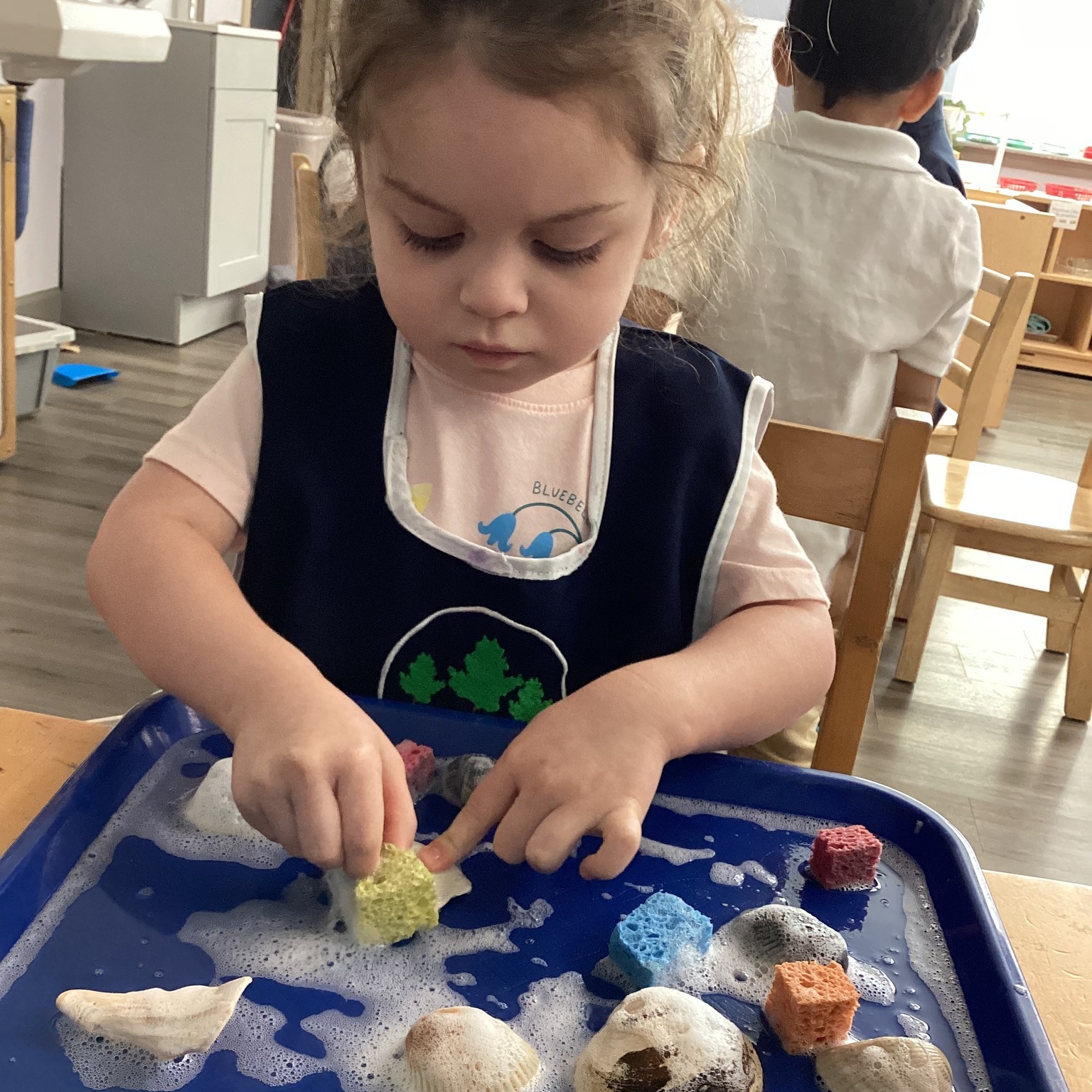
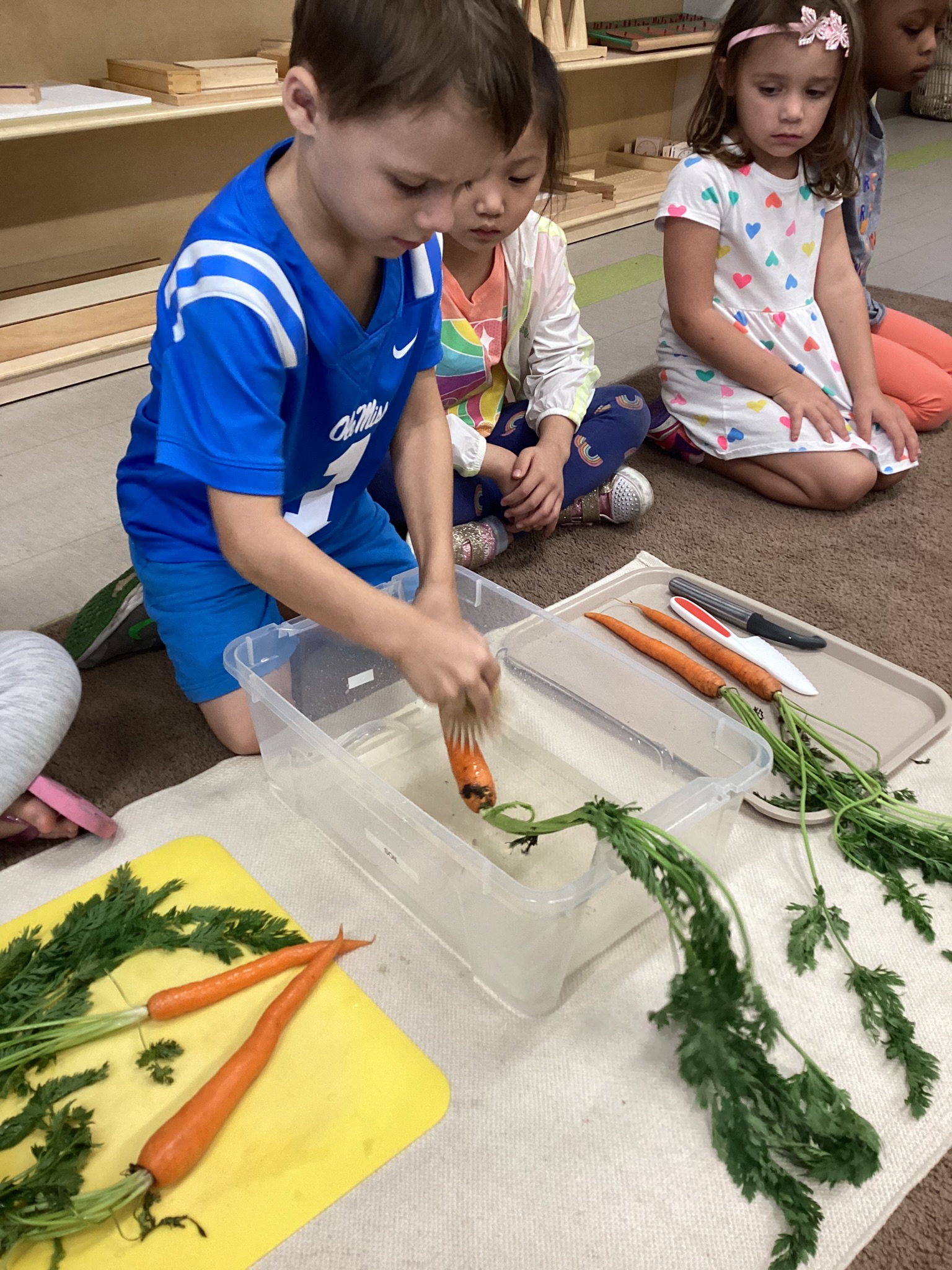
A Day in a Preschooler’s Life—Done Right
Here’s what a day at Excelled might look like:
- Children arrive and settle into work they choose
- Teachers check in one-on-one or in small groups
- Later, there’s outdoor time: not just slides and trikes, but risky play, problem-solving, and social dynamics
- In between: Spanish and English language exposure, STEM and music classes, shared meals, nap time
Every activity has a purpose. And none of it feels rushed.
What We Hope Every Child Leaves With
We want children to leave Excelled knowing how to read and count, yes. But more than that, we want them to leave with:
- Confidence
- Curiosity
- The ability to make decisions
- The self-control to manage frustration
- The empathy to be kind
These are the qualities that last—long after the preschool years.
And it starts by treating the early years like what they are: not a warm-up, but the main event.


